The feeler gauge is made of high-quality brass sheet. It is more wear-resistant than stainless steel, has higher strength and hardness, and is good at elasticity and wear resistance. SISCO gap gauge is widely used in precision equipment, mold maintenance, electronic instruments, mold manufacturing and other industries.
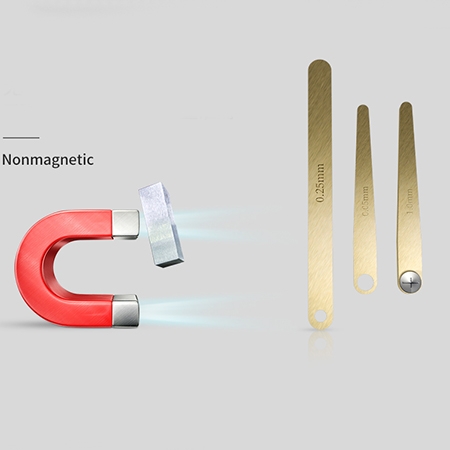
No magnetism, no suction, accurate measurement
- The brass feeler gauge set is made from brass, this feeler gauge set is non-magnetic, eliminating any risk of magnetic attraction during measurements and ensuring precise, interference-free readings.
- The feeler gauge is ideal for applications where magnetic fields are present, as it maintains accuracy without being affected by nearby magnetic materials.
- The brass construction provides a smooth feel and consistent thickness, supporting reliable and precise measurements in various industrial and mechanical settings.
- Brass is naturally resistant to corrosion, adding durability to the gauge and reducing maintenance needs over time.
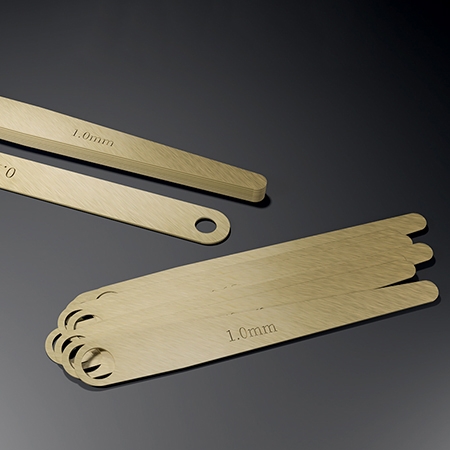
Stainless steel ruler, wear-resistant and durable
- The blades can be easily combined or separated as needed, allowing users to customize thickness measurements by stacking blades for a precise fit.
- Designed with user convenience in mind, the set allows quick disassembly, making it easy to select individual blades or group them for more flexible use.
- The disassemblable design makes it compact and easy to carry, perfect for on-the-go measurements in various applications.
- The ability to freely combine and separate blades enables faster and more efficient work, especially when multiple thicknesses are required in succession.
Dimension
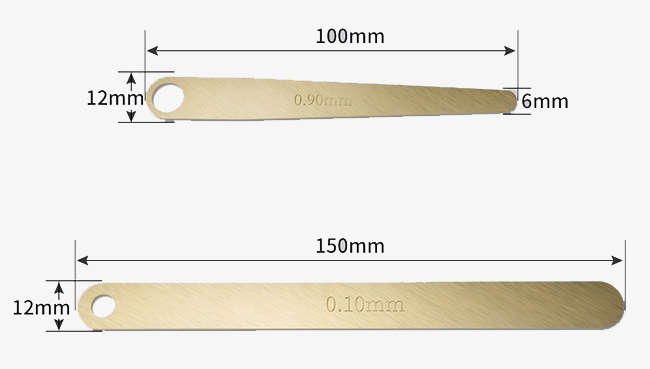
Applications
SISCO feeler gauge is a precision tool designed to measure the clearance or gap between two surfaces. It’s widely used in automotive repair to check valve and spark plug gaps, in machinery calibration for precise tolerance settings, and in electronics assembly to ensure proper spacing between components, and in industrial equipment maintenance to verify part alignment and prevent excessive wear.
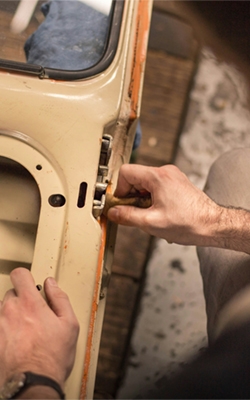
Machinery Calibration
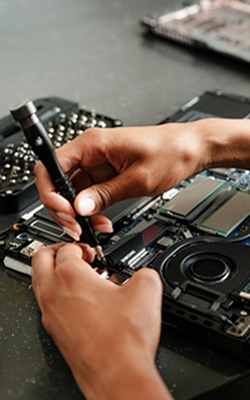
Electronics Assembly

Equipment Maintenance

Automotive Repair
| Model | SISCO-FG-00510 |
| Measuring Range | 0.05-1mm |
| Blade Length | 100mm/ 150mm |
| Number of Blades | 13 blades |
| Blade Shape | Fan-shaped |
| Material | Brass |
| Weight | 135g |
Q1: What is a feeler gauge?
A1: A feeler gauge is a precision tool used to measure the gap or clearance between two surfaces. It consists of a set of thin, flat blades of various thicknesses, each marked with its corresponding measurement. These blades can be inserted into the gap to determine its size. Feeler gauges are commonly used in mechanical, automotive, and industrial applications to check the spacing between parts such as engine valves, spark plugs, or machinery components, ensuring they meet specific tolerance requirements.
Q2: Can I use multiple blades at once?
A2: Yes, you can use multiple blades from a feeler gauge set at once. This is often done when the gap you need to measure falls between the thicknesses of two or more individual blades. By stacking multiple blades together, you can achieve the desired thickness and accurately measure the gap.
For example, if the gap is 0.25 mm and there is no single blade that matches this exactly, you could use a 0.15 mm blade and a 0.10 mm blade together to measure the gap. Just make sure the stacked blades fit snugly and fully into the gap for an accurate measurement.
Q3: Can feeler gauges be used for all types of measurements?
A3: Feeler gauges are specifically designed for measuring narrow gaps or clearances between two surfaces, so they are not suitable for all types of measurements. They are ideal for tasks such as checking the clearance in engine parts, machinery, or measuring small gaps in assemblies. However, feeler gauges are not suitable for measuring large gaps, thicknesses of solid materials, or external dimensions like the diameter of a cylinder.
For measurements outside their intended purpose, such as material thickness or larger distances, other tools like calipers, micrometers, or thickness gauges are more appropriate and accurate.
Tips: Does brass affect measurement accuracy?
No, brass does not affect measurement accuracy. In fact, brass is ideal for precise measurements in environments where magnetic materials could interfere. Unlike steel, brass is non-magnetic, so it doesn't attract magnets or become influenced by magnetic fields, ensuring stable, interference-free readings. This quality makes brass feeler gauges especially valuable for applications near sensitive electronic equipment or where magnetic materials are present, as they allow accurate, reliable measurements without distortion.
Thank you for buying industrial test and measurement equipment on SISCO.com, all products sold by SISCO and the partner cover a 12 months warranty, effective from the date of receiving the products.
What is covered?
SISCO is responsible for providing free spare parts, and free technical support to assist the customer to repair the defective products until the problem is solved.
What is not covered?
- Product purchased from anyone other than a SISCO store or a SISCO authorized reseller.
- Expendable parts.
- Routine cleaning or normal cosmetic and mechanical wear.
- Damage from misuse, abuse or neglect.
- Damage from use of parts other than SISCO approved.
- Damage from use outside the product’s usage or storage parameters.
- Damage from use of parts not sold by SISCO.
- Damage from modification or incorporation into other products.
- Damage from repair or replacement of warranted parts by a service provider other than a SISCO authorized service provider.
- Damage caused by the application environment not meeting the product usage requirements and the failure to perform preventive maintenance.

